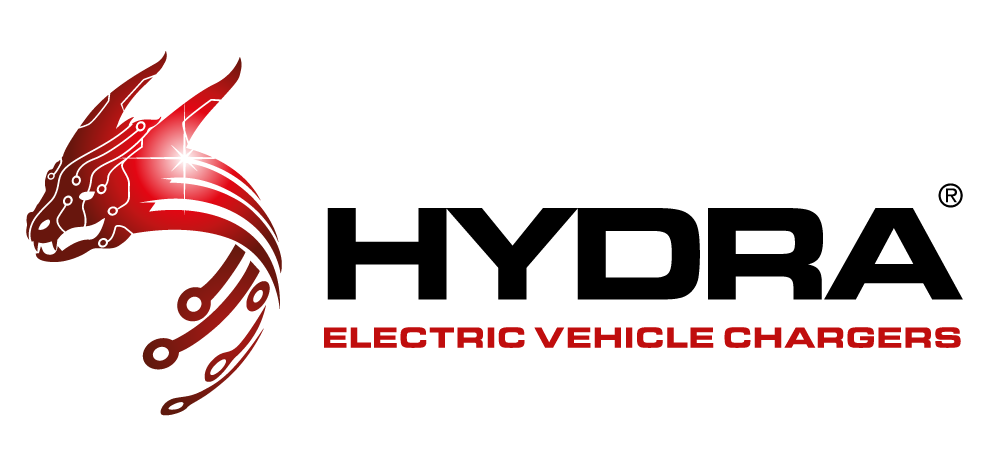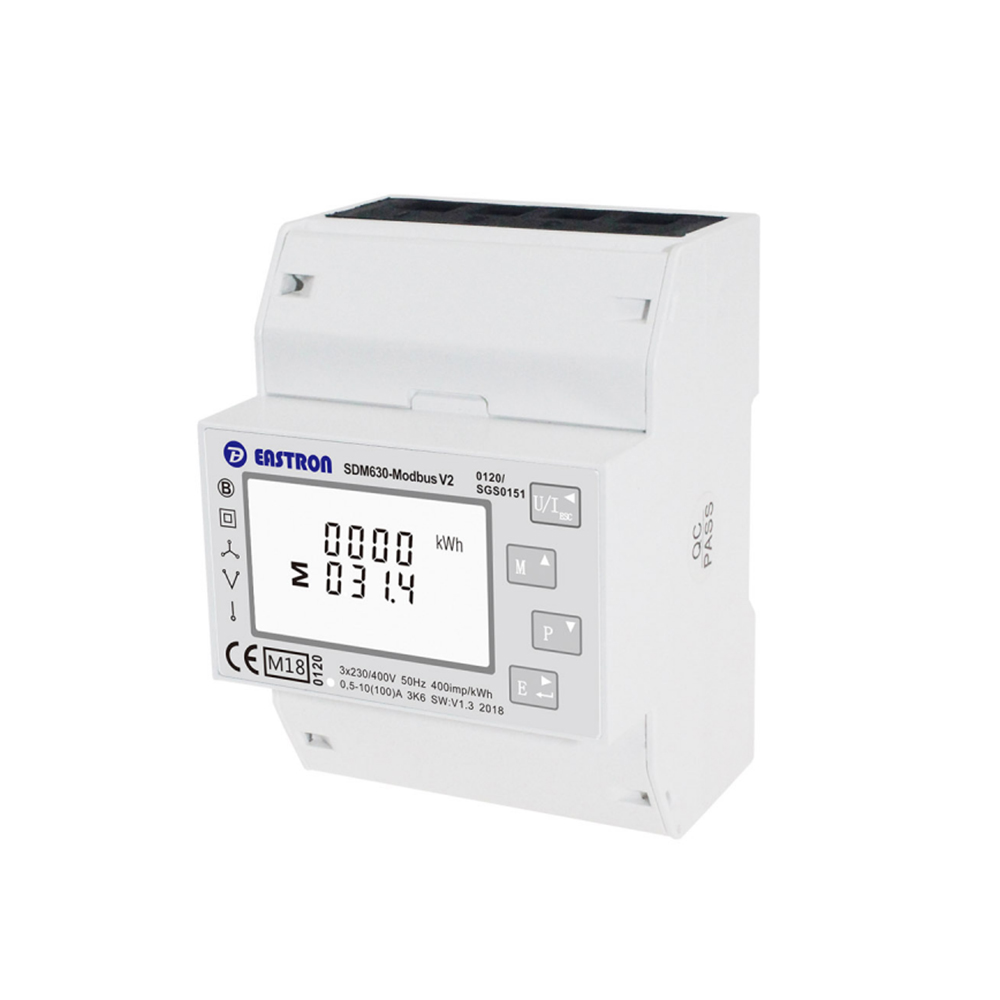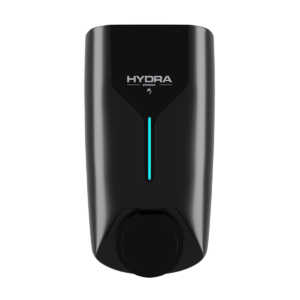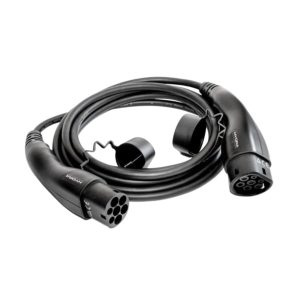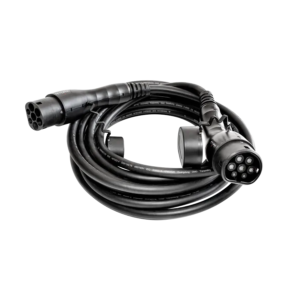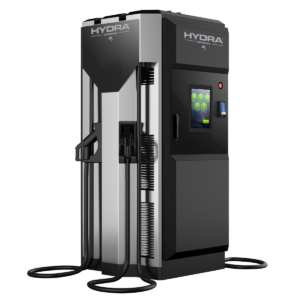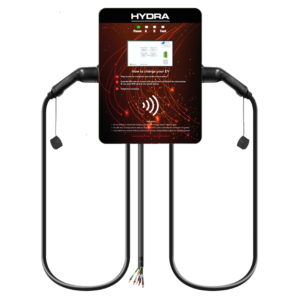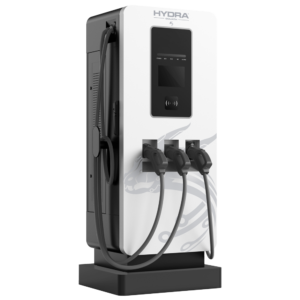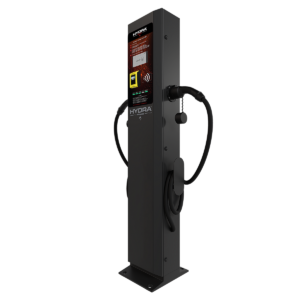- Home
- Products
- Charging Accessories
- Eastron SDM630-MOD-MID Power Meter
Eastron SDM630-MOD-MID Power Meter
The SDM630-MOD-MID is a Three Phase Digital Power Meter that measures a range of parameters in a 100A AC Circuit, removing the need for additional current transformers. This particular meter has proven to be very popular due to the detailed measurements it can provide, such as Power Factor, Max Demand Power & Hours Run, and has proven very popular in EVC infrastructure and DB / Switchgears. Unlike other meters available on the market, this model has Pulse and Modbus communications built in, eradicating the requirement of purchasing extra modules. The SDM630 Series is housed in a 4-DIN (72mm) case meaning it is compact and space-saving. This specific model measures Voltage, Voltage THD, Current, Max Demand Current, Current THD, Frequency, Power Factor, Max Demand Power, Active Power, Reactive Power, Apparent Power, Total Active Energy, Import & Export Active Energy, Total Reactive Energy, Import & Export Reactive Energy.
We have invested in MID B&D certification for the SDM630-MOD-MID, this proves the accuracy and quality of the product and allows it to be used for Billing Applications. As of April 2016, MID approved Meters will be the only legal option when the measurements are to be used for billing. All of our MID approved meters are certified here in the UK.
- MID B&D Approved
- Single Phase (1P2W) or Three Phase (3P3W or 3P4W)
- Multifunction
- 100A AC
- 230/400V AC
- RS485 Modbus RTU
- Dual Pulse Outputs
- 4-DIN Module
- Digital Backlit Display
- Touch Screen Buttons
Call for Price
-
Residential Charging
ZODIAC 7kW EV charger
-
Commercial Charging
ZODIAC 22kW EV Charger
-
Charging Accessories
Type 2 EV Charging Cable 7kW
-
Charging Accessories
Type 2 EV Charging Cable 22kW
-
Commercial Charging
MEDUSA RAPID EV CHARGING STATION
-
Commercial Charging
Jovi Dual EV charger
-
Commercial Charging
GOLIATH RAPID EV Charging Station
-
Commercial Charging
GENESIS dual EV Charger
FAQ
Our domestic Hydra Zodiac EV charger is priced as indicated (+VAT and installation). Almost all of our commercial EV chargers are configurable to the customer’s requirements and the cost will also be influenced by the type and location of the installation, power input and charging output required. Therefore we will provide a quote upon request.
We work with a nationwide network of Hydra approved and OZEV registered installers for both domestic and commercial EV chargers. We are able to recommend a suitable installer for your location and type of installation. We can also communicate with your chosen installation team to make sure they have everything you need to carry out a smooth installation. Every installation will be subject to a site survey by a qualified installer.
No, only fully qualified electricians should carry out the installation of EV charging equipment. We also advise that you should only choose OZEV approved installers. We work with a nationwide network of Hydra approved and OZEV registered installers.
In most instances no planning permission is required to install an EV chargepoint in a domestic or residential location, but it is always worth checking with your Local Council Planning Department to ensure there are no local restrictions in place.
See Planning Portal for more information: https://www.planningportal.co.uk/permission/common-projects/electrics/electric-vehicle-charging-points
If you live in rented accommodation or rent a commercial property you should always gain permission of the Landlord and/or leaseholder before installing EV charging equipment.
Almost all private residential property - and an amount of commercial properties such as high street shops and offices - operate on the standard single-phase 240v electrical supply. If this is the case you will be limited to using a 7kW charger such as the Hydra Zodiac. However, larger shops, offices, industrial premises and warehouses are linked to a three-phase 400v supply which will allow for the installation and use of a higher powered EV charger.
No, all Hydra EV chargers draw a minimal 2W on standby. They are also protected with multiple built-in safety features which mean it is safe to leave the EV charger unattended for prolonged use.
All Hydra EV chargers can charge a range of EVs from private cars to electric mopeds and commercial vans to HGV delivery trucks. Anything that takes a regular Type 2 charger can be connected. For commercial and public installations access to the charger can be activated by the use of a contactless RFID card thus preventing unauthorised use.
